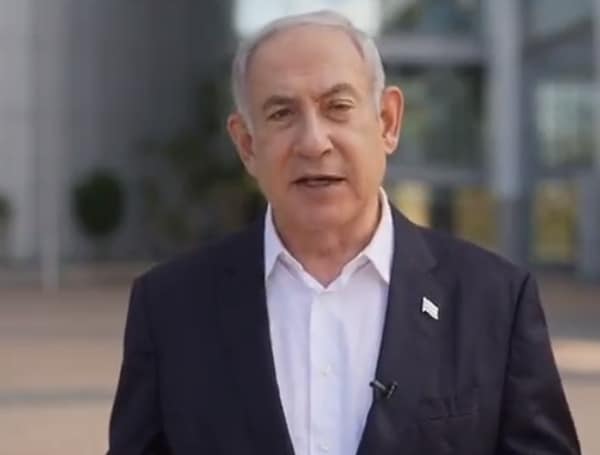U.S. and Israeli officials are reportedly in the final stages of drafting a ceasefire agreement aimed at ending the ongoing conflict in Lebanon, according to unnamed sources familiar with the discussions.
The proposed deal includes a key side letter that would guarantee U.S. support for Israel’s continued military actions against Hezbollah if needed, signaling a strong U.S. commitment to Israel’s security concerns.
Israeli Strategic Affairs Minister Ron Dermer recently held talks with U.S. Special Envoy for Lebanon Amos Hochstein and National Security Adviser Jake Sullivan in Washington.
READ: CIA Official Arrested For Leaking Classified Documents On Israeli Plans To Attack Iran
According to sources, the meetings were described as “productive,” narrowing differences between the two countries on the wording of the ceasefire proposal.
Hochstein expressed optimism in an interview on November 12, stating there is “a shot” at securing a deal soon. He is expected to travel to Beirut to present the draft agreement once finalized.
The success of the proposed ceasefire hinges on Hezbollah’s willingness to agree to the terms. However, Hezbollah’s demands—calling for a full cessation of Israeli operations in Lebanon and the protection of Lebanese sovereignty—conflict with Israel’s insistence on retaining the freedom to conduct military actions if necessary.
Hezbollah Secretary General Naim Qassem has made it clear that his group will not engage in indirect talks unless Israel halts its military activities.
READ: Hezbollah Fires Over 165 Rockets At Northern Israel, Injuring 7, Including Toddler
This stalemate suggests that if negotiations break down, the Israeli Defense Forces (IDF) may continue their air and ground campaign in Lebanon, as indicated by recent statements from Israeli officials.
Hezbollah may ultimately decide to accept the ceasefire terms in order to preserve its forces north of the Litani River, given the significant damage it has suffered throughout the Israeli campaign.
The proposed ceasefire would reportedly allow Israel to continue targeting Hezbollah in southern Lebanon if enforcement by UNIFIL (United Nations Interim Force in Lebanon) or the Lebanese Armed Forces (LAF) proves insufficient. Hezbollah could view a ceasefire as a strategic move to regroup and rebuild its capabilities in the long term.
However, enforcement of disarmament in southern Lebanon remains a critical issue. Both UNIFIL and the LAF have historically struggled to implement United Nations Security Council Resolution 1701, and Lebanese sources have indicated that the LAF may not be able to deploy quickly enough to effectively support the ceasefire.
Please make a small donation to the Tampa Free Press to help sustain independent journalism. Your contribution enables us to continue delivering high-quality, local, and national news coverage.
Android Users: Download our free app to stay up-to-date on the latest news.
Connect with us: Follow the Tampa Free Press on Facebook and Twitter for breaking news and updates.
Sign up: Subscribe to our free newsletter for a curated selection of top stories delivered straight to your inbox.

